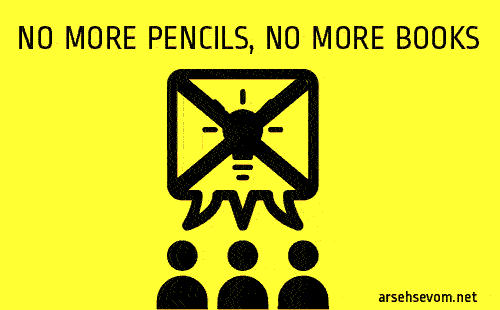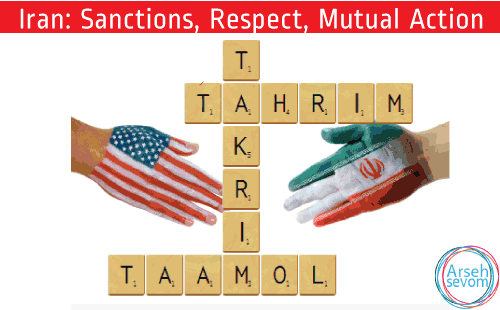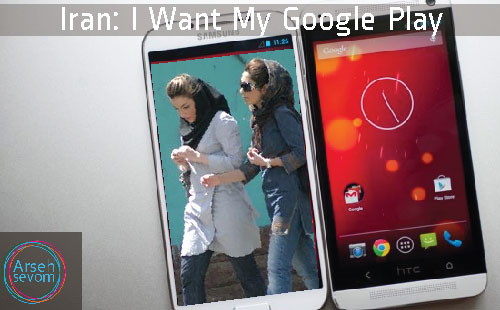
Iran Civil Society: Hunger Strikes and Unheard Stories
November 6, 2012
Iran: The Economy Kills, a Blogger Dies, Sotoudeh Visited
November 15, 2012The confetti has settled and the US elections are quickly fading into the background. Americans voted for President Obama on Tuesday the 6th November, sealing his re-election. In the most expensive election campaign in the history of United States, as the Center for Responsive Politics [en] reported, Obama won 332 electoral votes against 206 of the same for Romney. Although only American citizens were eligible to vote, people around the world followed the results closely. With Iran featuring as one of the main topics of US foreign policy, it’s no surprise that Iranians took a great interest in the election. The majority of Iranians wanted Obama to win to avoid what they saw as a probable war, despite the fact that many see the crippling economic sanctions as no less than a silent war against ordinary people in Iran.
There was a lot of discussion on Facebook among Iranians. Among the many Iranians who closely followed the elections results, Soroush posted [en]:
“The world moved a step farther from insanity of war, I hope.”
In another status update, he posted a map of the results with the following caption:
“I strongly believe this was a milestone in the history of Iran, too. Future will show us how!”
In response to one of the commenters professing a preference for Romney due to unbearable inflation and the skyrocketing cost of living in Iran, Soroush replied [fa]:
“I would rather pay double for electricity than not have it at all. I highly doubt that after a probable war Iran would be any better off than Afghanistan (which is beyond imagination). Eight years of war was enough for me. In fact, it was more than enough. There is at least hope now [for no war]…”
Ali Abdi posted a note on his Facebook [fa] prior to elections saying:
“Neither Obama nor Romney are appropriate candidates for the Iranian people. Both are in favor of the crippling sanctions against the Iranian people and allies of the apartheid government in Israel at the cost of harming Iranians… Obama has a relatively better understanding of the history and the political, social, cultural, and geographical situation of Iran and our region. He is against an attack by Israel on Iran and less likely to initiate a military attack against Iran. He is not the best choice but the only one that can be elected with the least harm for Iranians. I do not have a right to vote in this country, but if I did and resided in one of the swing states, I would have voted for Barack Hussein Obama.”
Ahmad republished a headline from Al-Alam on his blog [fa], writing that the possibility of a military attack against Iran or Syria is close to zero now. Referring to Obama’s foreign policy in the second term he writes:
“There won’t be any war against Iran.”
In a post called The Victory of Barack Obama and its Effects on Iranian Society, Inspiration from within [fa] recalled the results of a poll done in 2009 and highlighted that according to that poll, only 15% of Iranians could differentiate between Bush and Obama. The author writes:
“After Obama’s victory, implicit congratulatory messages could be found on various websites.”
He then asked what had changed in political understanding over the past four years.
Nargess congratulated Obama by reposting a part of his acceptance speech on her blog:
” … I believe we can keep the promise of our founders, the idea that if you’re willing to work hard, it doesn’t matter who you are or where you come from or what you look like or where you love. It doesn’t matter whether you’re black or white or Hispanic or Asian or Native American or young or old or rich or poor, able, disabled, gay or straight, you can make it here in America if you’re willing to try…”





